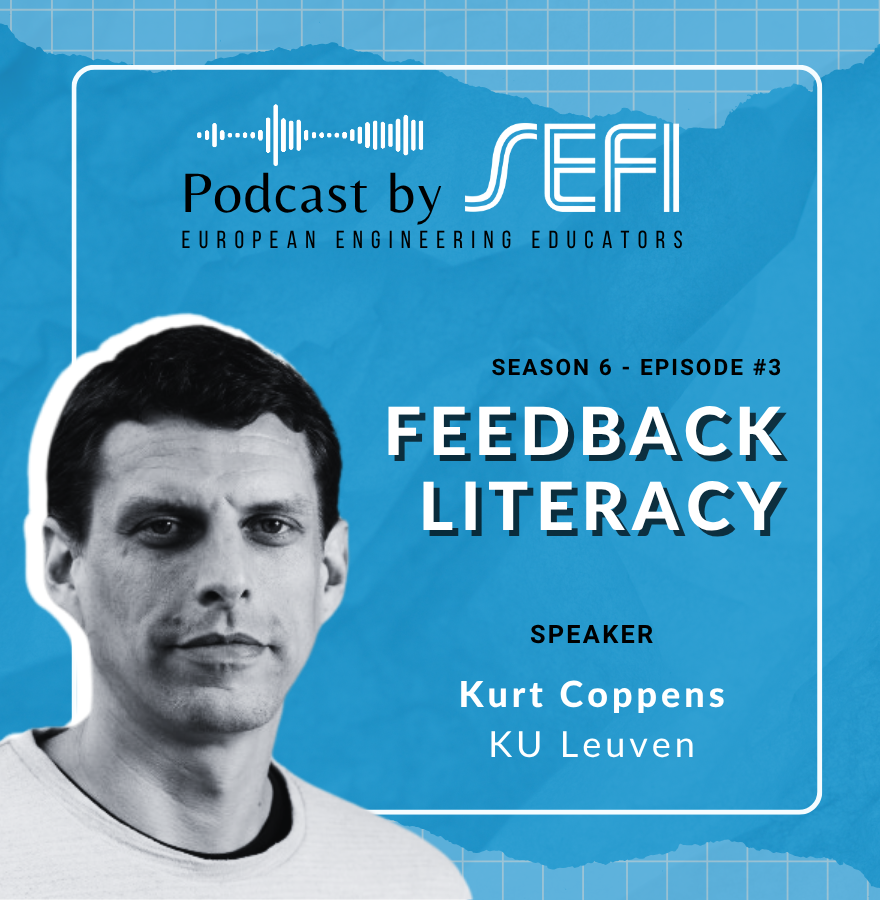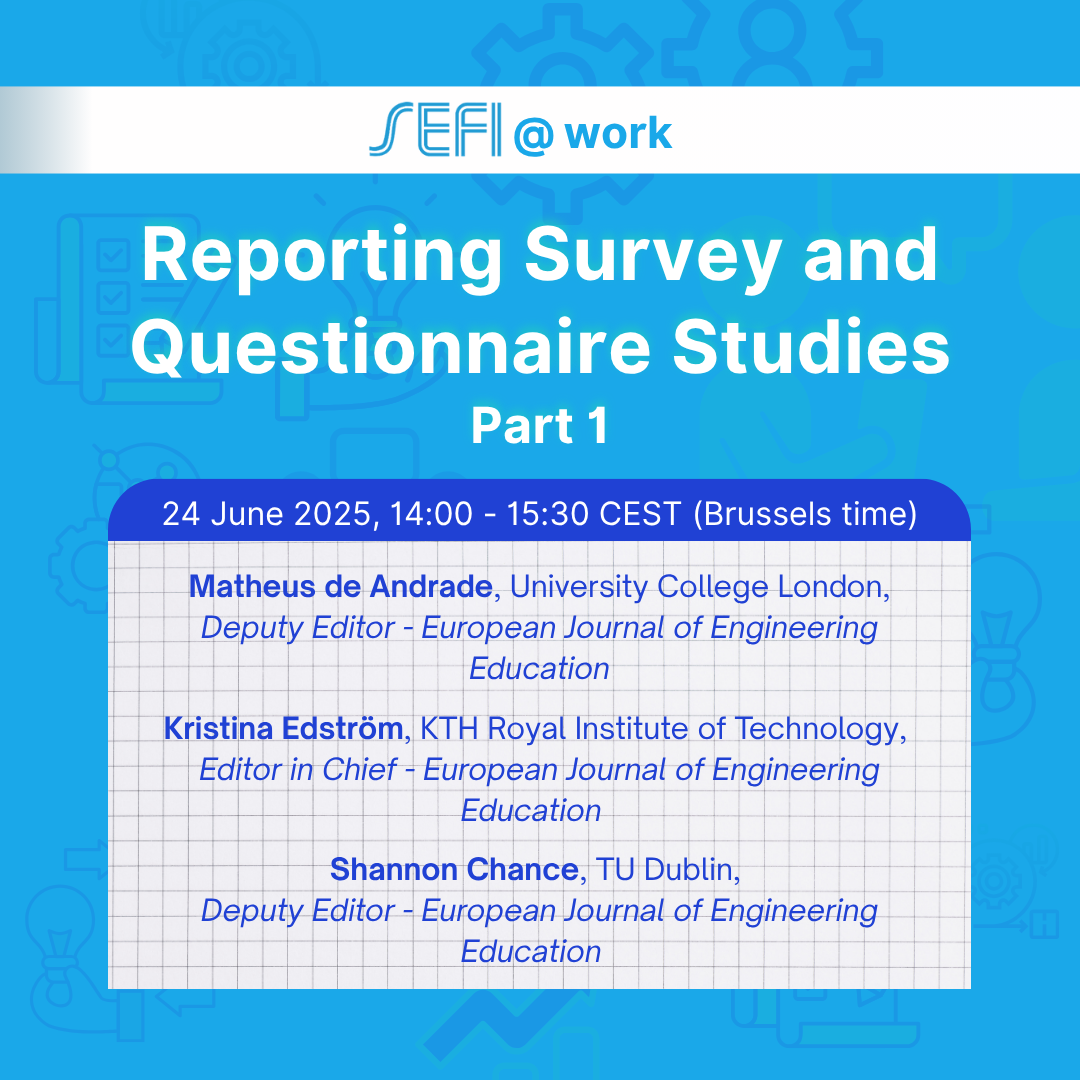Feedback is a somewhat perennial topic within higher education (HE), with increasing emphasis on students…
Insights from the annual SEFI Spring School, organised by the Ethics and Sustainability SIGs.
by Shannon Chance, Deputy Editor of the European Journal for Engineering Education, Spring school participant (TU Dublin)
TU Berlin and SEFI’s special interest groups for Ethics and Sustainability teamed up to provide 55 educators a platform to explore democracy, ethics, and sustainability from April 10-12 at TU Berlin. Every Spring School — this was the fourth — has its own form and flavor, keeping community at the core. This year’s provided a chance to connect sustainability with ethics and probe the essence and deeper meanings of democracy in a city that so poignantly represents the power of the people to choose or not choose, to co-construct the world they want to see rather than be swept away by the vision of other powers. Complacency, this city reminds us, can certainly kill.

A featured speaker, Henk Zandvoort of TU Delft, provoked insight with his assertion that democracy may not only be about majority rule. Henk asked “Democracy, Ethics, Sustainability and Higher Education What are the current problems and how could they be tackled?” (See here).
The conference host, André Baier of TU Berlin and SIG chairs Helena Kovacs and Aida Guerra opened the School with a group reading of the very powerful address delivered at the launch of TU Berlin’s “The Role of Responsibility, Democracy and Peace in Engineering Education: Opening speech of TU Berlin from 1946″.
Via an opening session titled “Power Relations – What is power in our group? How do we want to deal with it?” the shoal of participants worked to collectively identify and assess power, power relations, care, service, and social responsibility.

André explained the premise of the 2024 Spring School as “The children’s book “Kroko oder Krake? Du musst dich entscheiden!” (“Crocodile or Octopus? You have to decide!”) by Jörg Mühle sets the tone for the spring school. The picture book gives a choice on each page, for instance, whether you want to live in a huge mansion or a small house, whether you want to be raised by a serpent or an eagle, whether you want to get lost in the woods or in a crowd and of course if you would rather have a crocodile under your bed or an octopus in your bathtub. In engineering and higher education, we are confronted with this every day. Therefore, during the spring school, we want to reflect on who gets to ask the questions and how to answer them as well as who gets to represent the choices and how to choose.”
More about the innovative programme can be found here.

